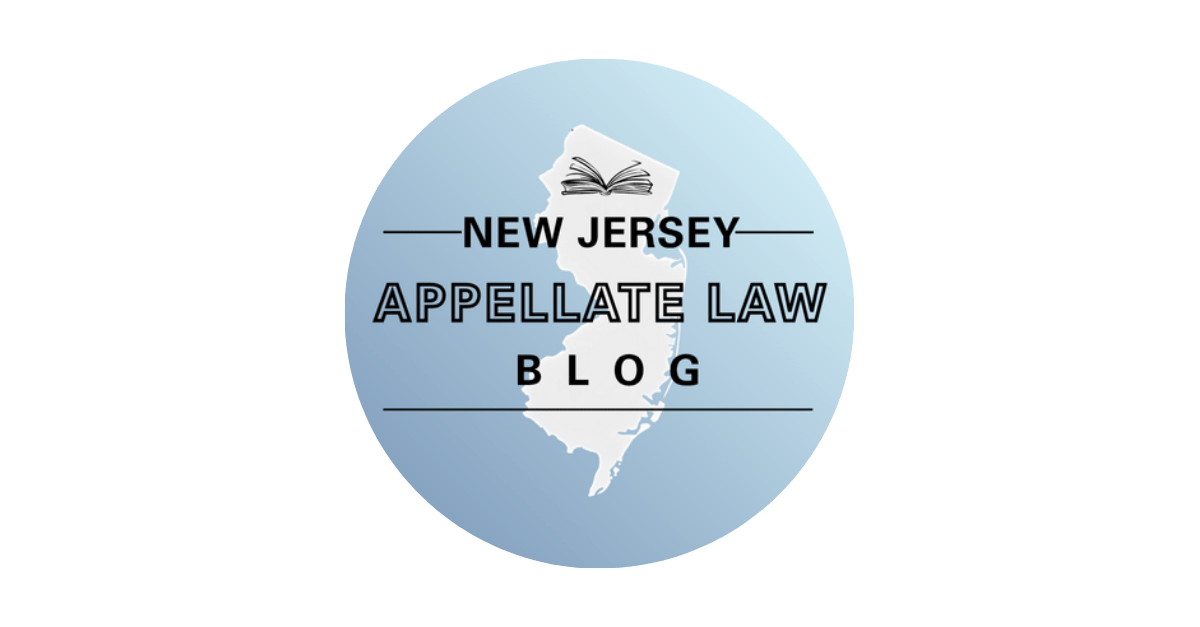While this blog was on hiatus for much of January, the Appellate Division was in high gear, issuing thirteen published opinions. Here are summaries of some of those opinions:...
The last two weeks have seen no Supreme Court opinions. But the Appellate Division published three opinions, two of them in the criminal realm and one civil appeal. Here are summaries, to close out 2025:...
The end of last week saw the issuance of one Supreme Court ruling and two published Appellate Division decisions. Two of those were in criminal appeals. The third involved the exclusion of an expert witness in a medical malpractice case....
As September turned to October, the Appellate Division issued its second and third published opinions of the Term. One was a decision by Judge Vinci in a civil appeal. The other ruling, in a criminal appeal, was authored by Judge Perez Friscia....
The Supreme Court announced that it has granted certification in two new cases. Both are criminal appeals. One is from a published opinion of the Appellate Division, while the other is from an unpublished per curiam decision by a three-judge panel....
The Supreme Court announced that it has granted review in four new cases. Two of them are criminal matters. The other two involve eminent domain issues. One of the criminal appeals is before the Court on leave to appeal, the second grant of leave to appeal in the current Term. The Court granted certification in the other three matters....
The Supreme Court announced that it has granted leave to appeal in State v. Caneiro, a quadruple homicide case. The question presented, as phrased by the Supreme Court Clerk's office, is "Under the circumstances presented, where defendant's house was on fire, was the warrantless seizure of evidence from the garage justified under the exigent circumstances exception to the warrant requirement?"...
The 2024-25 Term ends on August 29. In this penultimate week of the Term, there were no Supreme Court opinions. There were, however, two published decisions from the Appellate Division, one a civil case involving "the latest development in the ongoing controversy surrounding black bear hunting in New Jersey" and the other a criminal appeal centering on constitutional rights associated with a cellphone passcode. Here are summaries of those opinions:...
This week saw one case decided by the Supreme Court and two published opinions of the Appellate Division. The Supreme Court case, decided by a 6-1 vote, presented an ex post facto issue arising out of amendments to the statute governing parole. The two Appellate Division decisions entailed more "core" criminal law issues. Here are summaries of those cases:...
The Supreme Court Clarifies New Jersey's Automobile Exception to the Requirement of a Search Warrant
State v. Fenimore, ___ N.J. ___ (2025). Both the United States and New Jersey Constitutions protect the people against "unreasonable searches and seizures" and prohibit the issuance of search warrants without "probable cause." Both federal and New Jersey law, however, recognize an "automobile exception" to the warrant requirement. But New Jersey's automobile exception is narrower than the federal exception, as the Supreme Court stated in State v. Witt, 223 N.J. 409 (2015). Today, the Supreme Court ruled that the Appellate Division in this case had interpreted Witt too broadly in reversing a Law Division decision to exclude evidence from a warrantless search. The Supreme Court reversed and excluded the evidence....

